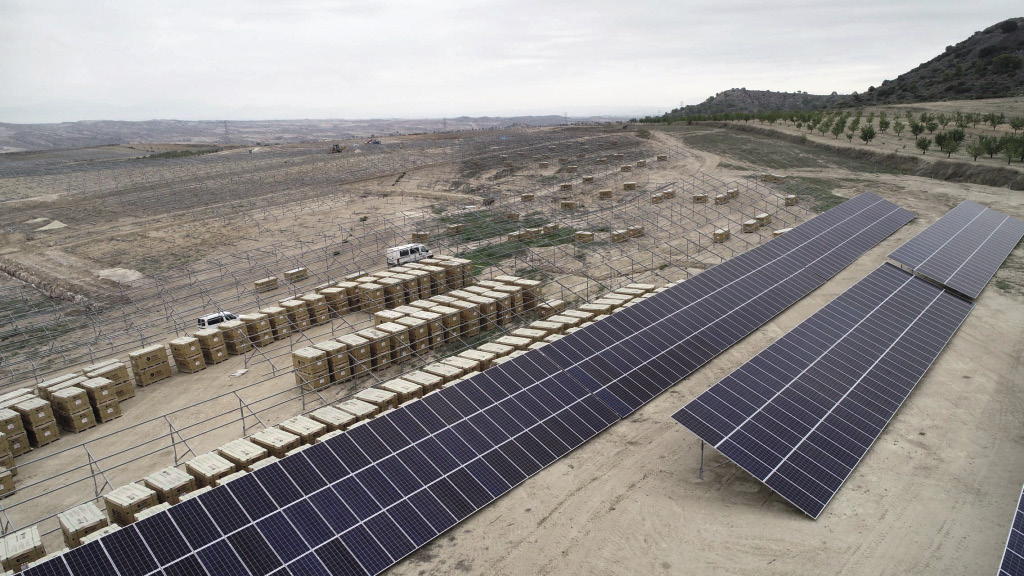From pv magazine Spain
The Spanish Ministry for the Ecological Transition and the Demographic Challenge (Miteco) approved, on Tuesday, a new package of measures within the framework of the national plan, to respond to the economic and social consequences of the war in Ukraine.
The promotion of renewables is one of the government's priorities and the regulations approved by the Council of Ministers include several measures in this regard, such as a regulatory framework for floating PV; regulations for the pipeline of renewable gases, such as hydrogen transport; and the release 10% of grid access capacity to absorb, approximately, an additional 7GW of capacity under the self-consumption regime.
Given the emergency caused by international energy prices, an accelerated temporary procedure is enabled, until December 31, 2024, to determine the environmental approval of new wind plants of less than 75MW generation capacity and new solar parks not exceeding 150MW in size. These plants will have to be located outside the Natura 2000 Network – which is a network of core breeding and resting sites for rare and threatened species, and some rare natural habitat types – and in low or moderate-sensitivity areas, according to the country's environmental zoning system for renewable energy.
The new measures also provide that, between 2023 and 2025, the distribution companies will expand their investment plans in the electricity networks by a minimum of 10% to facilitate the evacuation of new, small-size renewable generation and self-consumption facilities.
Furthermore, floating photovoltaic solar power generation facilities are now included in the hydraulic public domain that can be eligible for a concession, which will be temporary, for 25 years. A provision is also added that contemplates the installation of photovoltaic solar power generation on canals or other hydraulic works owned by the general state administration or other public entities.
The package also determines how the supply of renewable gases through isolated pipes – including renewable hydrogen – will be articulated. The regulated aspects include the consideration of activity of general interest and its declaration of public utility; the applicable procedure for the authorization of infrastructure; the negotiated access of third parties; and other measures applicable to the agents of the renewable gas supply chain.
This content is protected by copyright and may not be reused. If you want to cooperate with us and would like to reuse some of our content, please contact: editors@pv-magazine.com.



7 comments
By submitting this form you agree to pv magazine using your data for the purposes of publishing your comment.
Your personal data will only be disclosed or otherwise transmitted to third parties for the purposes of spam filtering or if this is necessary for technical maintenance of the website. Any other transfer to third parties will not take place unless this is justified on the basis of applicable data protection regulations or if pv magazine is legally obliged to do so.
You may revoke this consent at any time with effect for the future, in which case your personal data will be deleted immediately. Otherwise, your data will be deleted if pv magazine has processed your request or the purpose of data storage is fulfilled.
Further information on data privacy can be found in our Data Protection Policy.